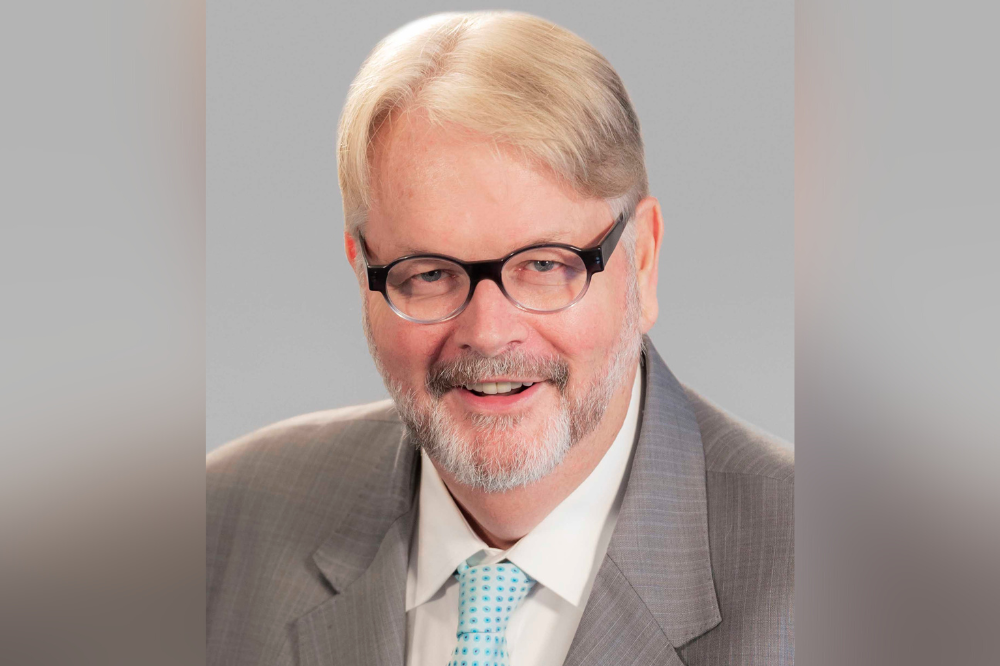
With more than 40 years of service that has included the leadership of 80 Catholic schools across Western Sydney and the Blue Mountains, Greg Whitby has gained a reputation as one of the most celebrated educators in Australia.
Whitby, who retires as the executive director of Catholic Education Diocese of Parramatta at the end of the 2022 school year, has long encouraged schools to think outside the box when it comes to how teaching and learning is delivered.
According to Whitby, leaders have for too long treated schools like a ‘political football’ rather than critical institutions where our future leaders are nurtured and inspired.
“Education policy needs to be built from the ground up and respect the professionalism of teachers to frame challenging and demanding learning experiences for every student,” Whitby told The Educator in May.
Five months – and a new Prime Minister – later, Whitby sees some familiar challenges persisting in Australian education.
“While the pandemic has reached a new phase, schools continue to face many challenges in responding to associated health, learning and wellbeing issues as well as the teacher shortage that has been exacerbated by ill-health,” he said.
“What did we learn from the experience of responding to COVID-19? I’d like to see changes in the way that we use technology and really make the most of teachers’ time to prioritise the strong relationships that support learning and teaching.”
With students and staff now returning to school for Term 4, some educators may be feeling a sense of cautious optimism that by the time the next break rolls around, sweeping new supports will be announced for schools nationwide.
In December, State and Territory leaders will reconvene to ink a ‘National Workforce Strategy’ that could potentially see workloads slashed and a new pipeline for quality teachers to enter classrooms in urgent need of staff.
Whitby says government-led solutions on the pressing workforce issues that face the industry would be “a critical support”.
“I welcome the engagement around this issue, particularly from our new Federal Government with a practical focus on a challenge that has a significant negative impact on schools' capacity to do their work,” he said.
“I think that there’s a need to think really differently to find a way through this one. Schools and school systems have been giving it everything we’ve got to try to use the resources that we have as best we can.”
Whitby says this is not just an argument for ensuring that all schools are appropriately resourced.
“Government can support us to do things differently,” he said.
“This should include considering how technology can help us here and build on the recognition of teachers’ role in the community that was seen so strongly through the COVID crisis. How can Government help us to free teachers up to focus on the things that matter most?”
Late last year, Catholic Education Diocese of Parramatta created a Wellbeing Directorate which has been working in close collaboration with the Learning and Mission directorates.
The Directorate’s role is to listen carefully to the needs of school and office communities and come up with responses that are respectful of the challenges people are experiencing, as well as evidence-based interventions and capacity building that will make the greatest difference.
“A strong focus on staff and student wellbeing is essential to making sure that our leaders are doing what they do best,” Whitby said.
“We’ve also invested in an executive health program that supports senior staff in connecting with experts to improve and maintain their wellbeing.”
Whitby said the take-up has been strong so far, with a range of positive benefits experienced.
“I have long been a proponent of professional trust and understand how valuable this is as a former school leader. The role of school leaders is primarily to lead, so there’s a need to respect their leadership and everything they know about their communities,” he said.
“I’m proud of the way that our school leaders discharge their responsibilities, particularly in the way that they innovate and share what they’ve learned with colleagues.”


